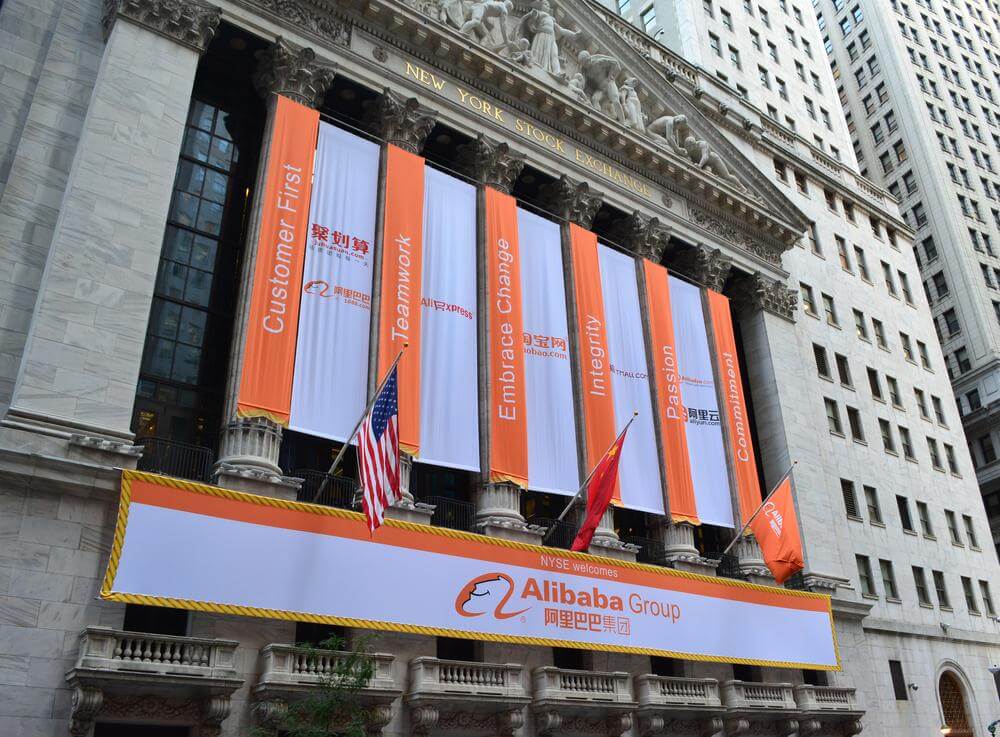When you think of business financing, you might naturally envision a traditional business loan that involves applying through a bank and paying back the money, with interest, over time. While this is certainly a common type of loan, there is another option, called asset-based lending, which can be a better option for some businesses.
To learn more about asset based lending, including current trends and more, please keep reading.
Asset-Based Lending 101
Basically, asset-based lending is a line of credit or loan that is secured by the business’s collateral. This can include equipment, inventory, a balance sheet, and other assets. Because inventory is commonly used as collateral, asset-based lending is often seen in businesses that have large quantities of items on hand. This can include businesses like restaurants, equipment rental, and retail shops.
Asset-based loans are a great option for companies that are experiencing a lot of rapid growth but don’t have a lot of cash to qualify for a regular business loan. An asset-based loan (ABL) will provide business owners with the capital they need.
Asset-based Loans Offer Flexible and Generous Solutions
Because business collateral is not a one-size-fits-all situation, asset-based loans are inherently flexible. Business owners will meet with a banker who will come up with an asset-based financing plan that will best fit the needs and goals of the company. When the collateral is highly liquid, the ABL financing option will usually come with a decent rate, and in most cases the money will be available very quickly. In the case of a company that is using its inventory as collateral, lenders will often offer about 85 percent of the collateral’s net liquidation value, which can equal a good-sized amount of money coming in.
COVID-19 Pandemic Boosts Popularity of Asset-Based Lending
Interestingly, the global pandemic has caused asset-based loans to rise in popularity. While ABLs used to have a stigma attached to them and were viewed as a “last resort” type of option for a loan, this is definitely no longer the case. Because so many companies were challenged financially during the COVID-19 pandemic, more and more business owners realized that, while they might not have the cash flow needed to secure a loan, they do have expensive equipment and a stockroom filled with inventory that would make an ABL an attractive option. As a result, ABLs are now thought of as a mainstream loan option.
ABLs Show Resilience Despite Current High Interest Rates and Inflation
As you probably know all-too-well, inflation has been especially high this year. Last month, the Bureau of Labor Statistics said that its consumer-price index, a measurement of what consumers pay for goods and services, climbed 7.1% in November compared to a year earlier. Despite this situation, ABLs continue to be a popular option for lenders and business owners. This is great news for business owners who are working hard to expand their company in 2023; even as the risks of a recession seem to be ever-present, ABLs are showing quite a bit of resilience.
Fast and Flexible—ABLs are a Solid Option
As a business owner, it is reassuring to know you have options when it comes to securing a loan for your company. If you hope to grow your company and have adequate amounts of collateral, looking into a flexible asset-based lending option may help you to achieve your goals in 2023 and beyond.



























